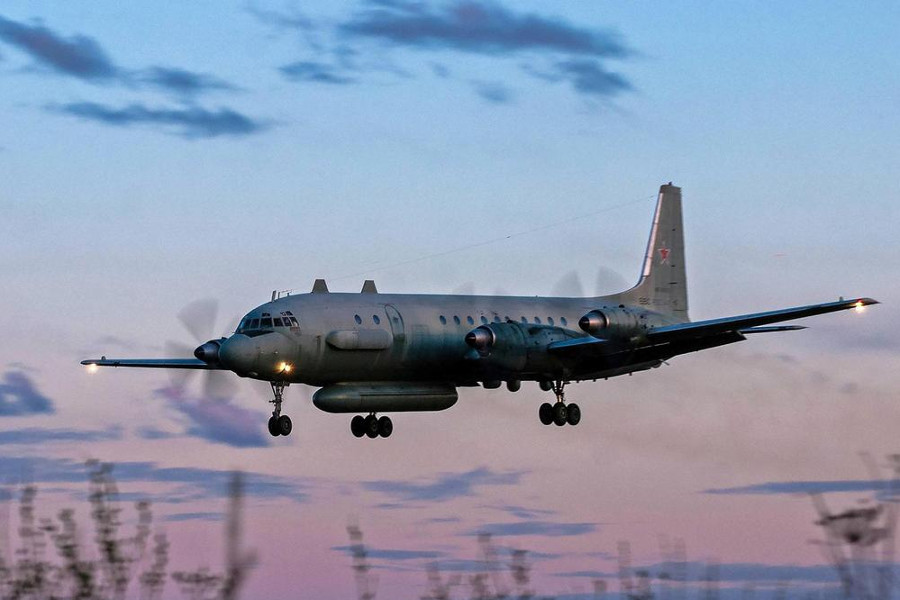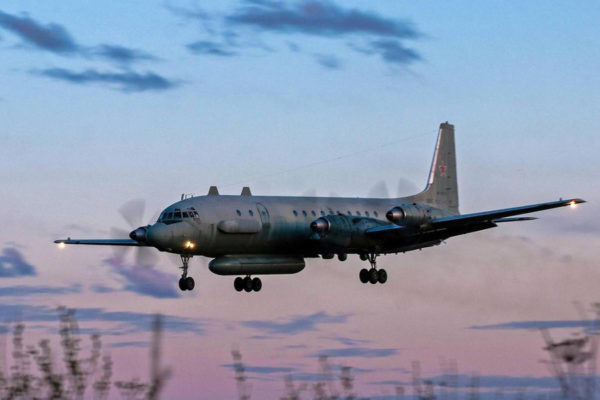

By: RT
Source: RT
Moscow accused Tel Aviv of failing to inform Russia about its impending attack on targets in Syria, which resulted in a downing of the Russian electronic warfare aircraft by Syrian return fire. Russian President Vladimir Putin ordered the defense ministry to take several measures in response to the incident, the ministry said in a statement on Monday.
Arguably, the most concerning thing for Israel will be the delivery to Syria of an S-300 anti-aircraft system, which will boost Syria’s capabilities to deny Israel access to its airspace. The system was purchased by Damascus several years ago, but never delivered.
“In 2013 on a request from the Israeli side we suspended the delivery to Syria of the S-300 system, which was ready to be sent with its Syrian crews trained to use it,” the statement said.
“The situation has changed, and not due to our fault.”
The S-300 is a relatively modern system capable of engaging targets at the range of up to 250 km. Syria’s current anti-aircraft systems are older models that didn’t stop Israel from attacking targets on Syrian territory.
Integration with Russian systems
The Russian military will also supply better control systems to Syrian Air Defense Troops, “which are only supplied to the Russian Armed Forces,” defense chief Sergey Shoigu elaborated. This will allow integration of Syrian and Russian military assets, allowing the Syrian to have better targeting information.
“The most important thing is that it will ensure identification of Russian aircraft by the Syrian air defense forces.” Potentially it would also expose Israeli aircraft tracked by Russian radar stations to Syrian fire.
Electronic warfare over Mediterranean
The third measure announced by the Russian defense ministry is a blanket of electronic countermeasures over Syrian coastline, which would “suppress satellite navigation, onboard radar systems and communications of warplanes attacking targets on Syrian territory.”
Shoigu said the measures are meant to “cool down ‘hotheads’ and prevent misjudged actions posing a risk to our service members.” He added that if such a development fails to materialize, the Russian military “would act in accordance to the situation.”
Commenting on the development later in the day, Kremlin spokesman Dmitry Peskov stressed that the Russian leadership made the decision to protect Russian aircraft in Syria from further friendly fire incidents and “is not directed against third nations.”
Last week, a Russian Il-20 plane with 15 people on board was shot down by a Syrian anti-aircraft missile over the Mediterranean Sea off the coast of Latakia governorate. The Syrians fired in response to an Israeli air raid on its soil.
Russia laid the blame for the downing on Israel, saying that the Israeli military failed to inform their Russian counterpart in time for the Il-20 to be moved to a safe area. They also said the Israelis may have deliberately used the Russian plane as a cover, expecting that the Syrians would not dare to fire at their F-16 fighter jets with the Russian plane nearby.
The Israelis denied the allegations and said they took all proper precautions and didn’t use the Il-20 as a cover. The explanations, however, failed to convince Moscow.



